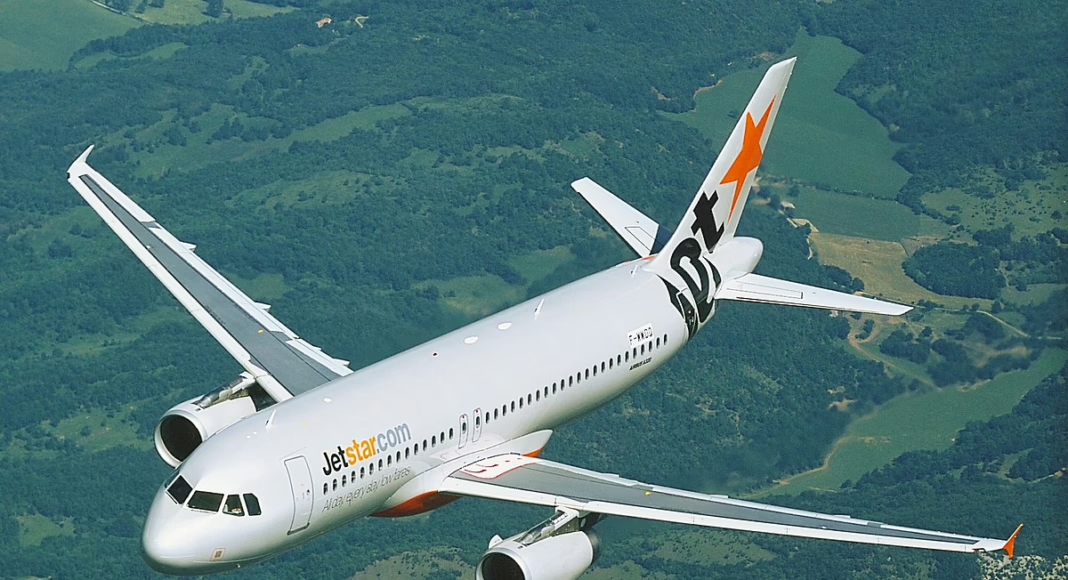European aerospace giant navigates trade tensions while ramping up narrowbody jet manufacturing to meet surging demand
Airbus will open two new Final Assembly Lines for its A320neo family aircraft this month, doubling production capacity at facilities in Mobile, Alabama, and Tianjin, China, as the manufacturer works to clear a massive order backlog and reach its goal of building 75 aircraft monthly by 2027.
The European plane-maker plans to inaugurate its second Mobile FAL on Oct. 13, followed days later by a second assembly line in Tianjin. The timing reflects Airbus’ careful navigation of U.S.-China trade tensions, with the company moving up the Chinese facility’s opening from year-end to maintain balance between its two largest narrowbody markets. The timing is particularly significant as Airbus is currently negotiating a reported 500-aircraft order with Chinese airlines.
Airbus faces a backlog exceeding 7,000 A320 family jets — more than 12 years of production at the current delivery rate of 48 aircraft monthly. The extended wait times put pressure on the manufacturer to accelerate production to keep its sales pipeline flowing and satisfy airlines hungry for fuel-efficient aircraft.
The company stated in its mid-year financial guidance last year that it continues ramping up toward a rate of 75 A320 family aircraft per month, now expected to be reached in 2027.
While Airbus makes incremental gains at European plants, achieving the 50% production increase depends heavily on doubling output at Mobile and Tianjin. Until recently, Airbus indicated the second Tianjin line would open only at year’s end. But with the U.S. line set to open in two weeks, the Chinese facility’s inauguration was moved to the following week, highlighting efforts to maintain equilibrium between the manufacturer’s two primary narrowbody markets.
Guillaume Faury, Airbus’ CEO, emphasized the strategic importance of both facilities, stating: “By 2026, Airbus will have ten A320 family final assembly lines around the world, with the US and China each accounting for 20 percent of the company’s global production capacity. This ramp-up will benefit the entire aerospace industry’s global value chain.”
Currently, more than three-quarters of A320 family aircraft come from European production. Toulouse houses two FALs for A320 family production, while Hamburg Finkenwerder operates four FALs and accounts for roughly half the variant’s manufacturing, including production of the long-range A321XLR variant.
Mobile and Tianjin each operate a single FAL producing aircraft in the single digits monthly. With second lines at both facilities, Airbus intends to scale each location to 15 aircraft monthly, matching Toulouse’s twin FALs.
The manufacturer also conducts extensive modernization at existing FALs, including expanded digital production control, automated logistics, and light robotics. These upgrades mean existing lines at all four sites will achieve greater throughput beyond the new FALs.
India Seeks Production But Gets Military, Helicopter Assembly
Airbus opened Tianjin in 2008 to serve its fastest-growing market, with Mobile following a decade ago as the manufacturer positioned FALs within highest-demand markets. India represents another massive market for Airbus, where IndiGo and Air India hold more than 1,200 outstanding orders for A320 family aircraft — approximately 17% of total backlog.
India has pressed Airbus to establish an in-country FAL to match these substantial orders. The manufacturer has resisted, citing concerns about overextending global supply chains. Instead, Airbus focuses on key investment projects in India emphasizing partnerships with local enterprises.
Airbus Defense & Space, partnering with Tata Advanced Systems, inaugurated a facility in Vadodara to assemble 40 aircraft as part of an order for 56 C295 military transports for the Indian Air Force. Assembly includes manufacturing detail parts, tooling, sub-assemblies, and major component assemblies, with Indian suppliers integrated across the value chain. The first aircraft is expected to roll out in September next year.
Airbus Helicopters and Tata Advanced Systems are establishing an FAL for the H125 civil helicopter in India, the country’s first private sector helicopter facility. The operation will perform major component integration, avionics and mission systems installation, and testing. The FAL will serve exports to neighboring countries, with first deliveries commencing next year.
Additionally, Airbus deepens partnerships with Indian component and structure manufacturers as suppliers. Mahindra Aerostructures is contracted to build main fuselage and structural assemblies for H130 and H125 helicopters. Tata and Mahindra increasingly manufacture metallic detail parts, components and assemblies for Airbus’ commercial aircraft programs.

Key Takeaways
- Airbus opens second Final Assembly Lines in Mobile, Alabama (Oct. 13) and Tianjin, China, doubling production capacity at both facilities to help clear a backlog exceeding 7,000 A320 family aircraft.
- The manufacturer aims to reach 75 aircraft monthly by 2027, up from the current average of 48, with U.S. and China facilities each producing 15 jets monthly and representing 20% of global capacity by 2026.
- Despite India’s 1,200-plus aircraft orders, Airbus declines to establish commercial assembly there, instead partnering on military C295 transports and H125 helicopter production through Tata Advanced Systems.



